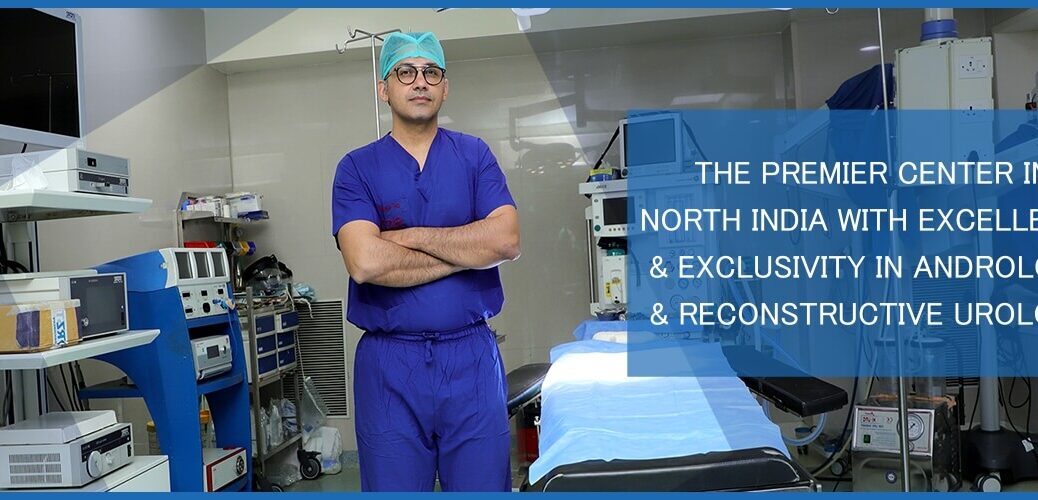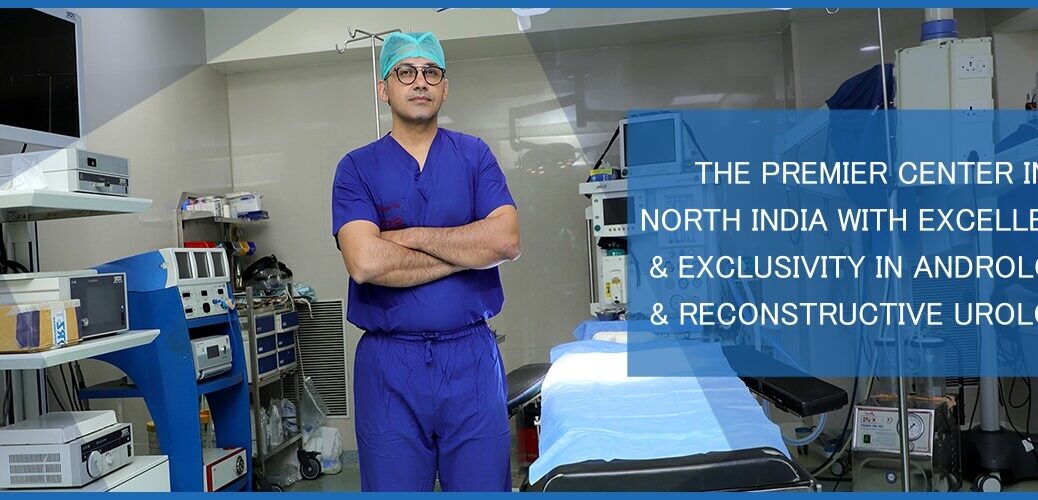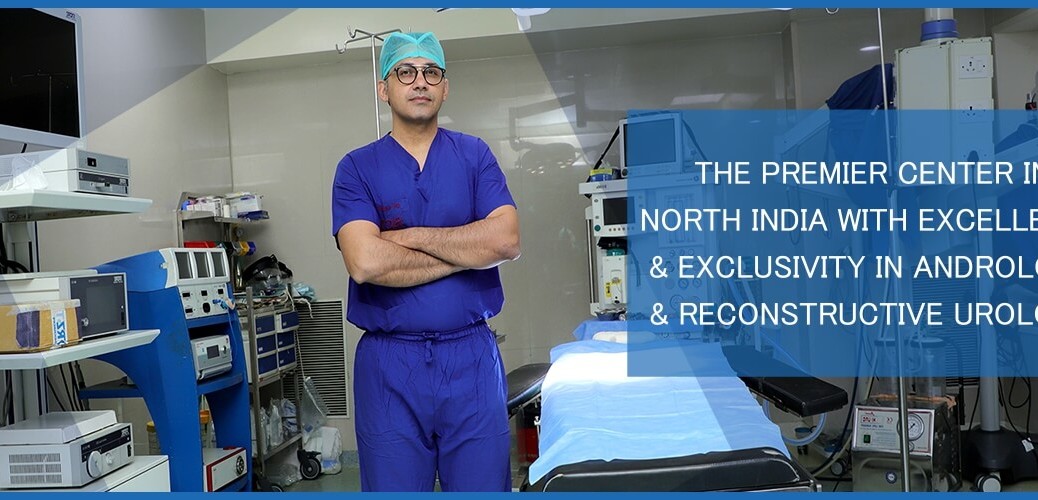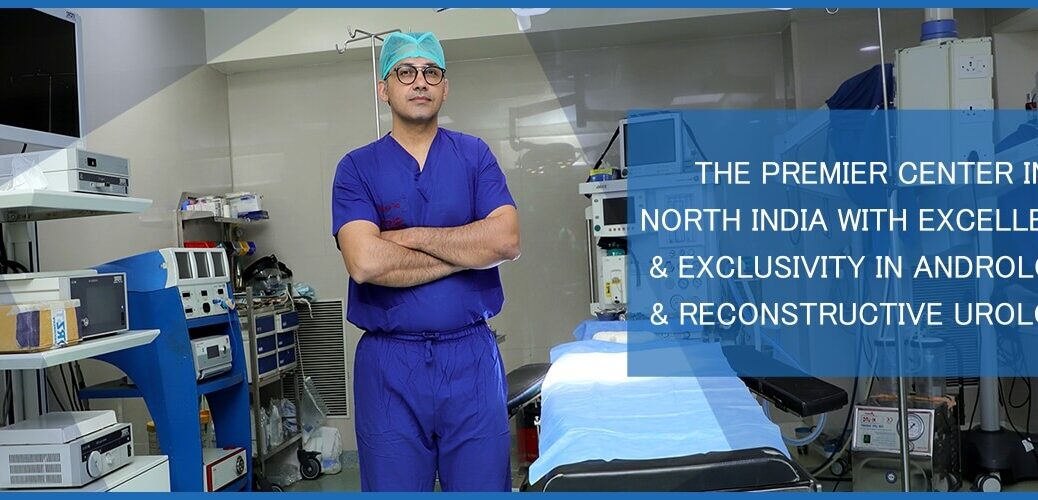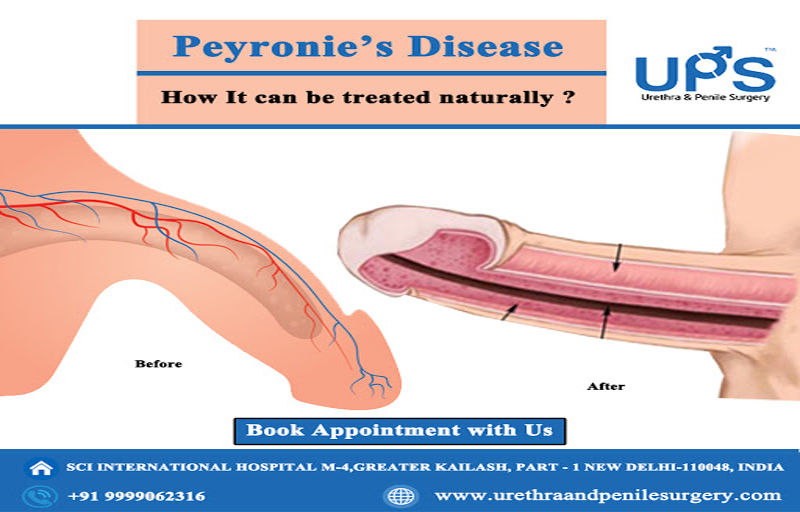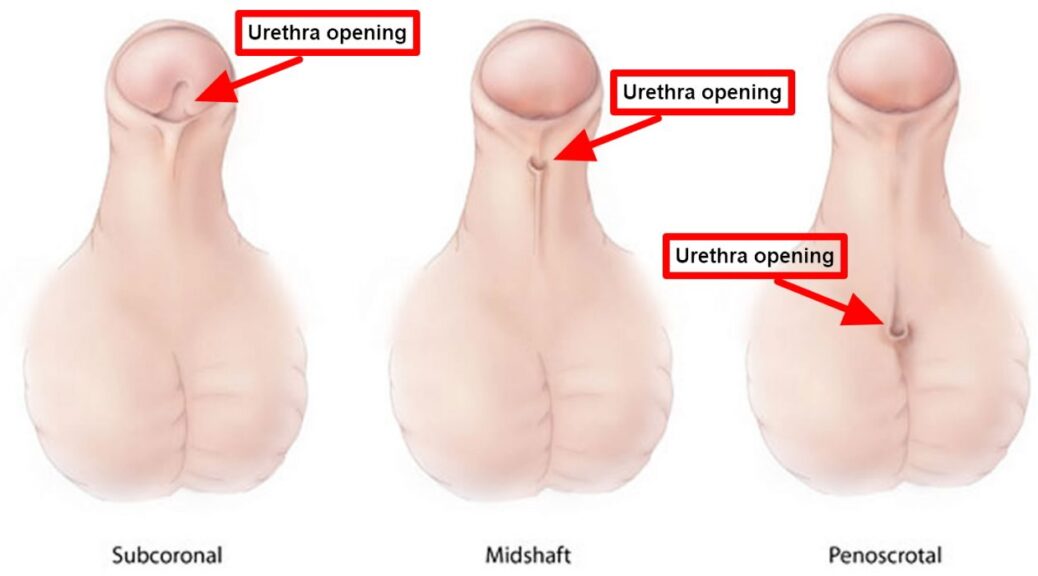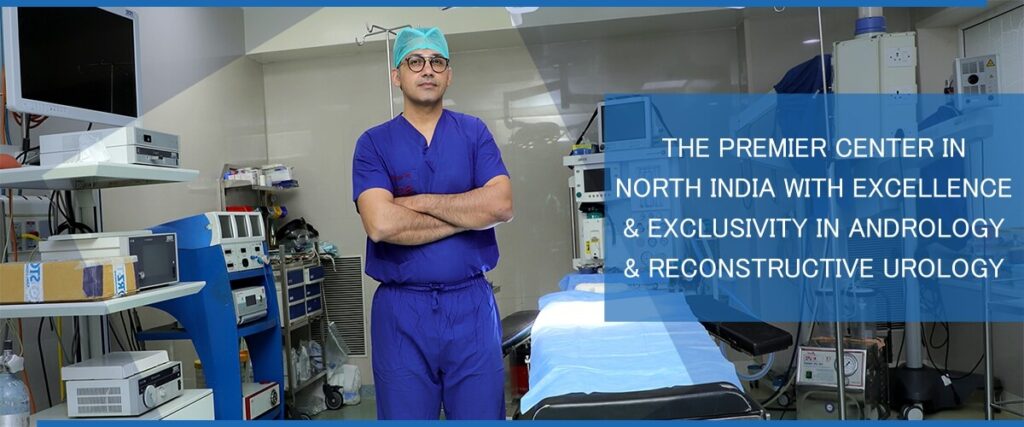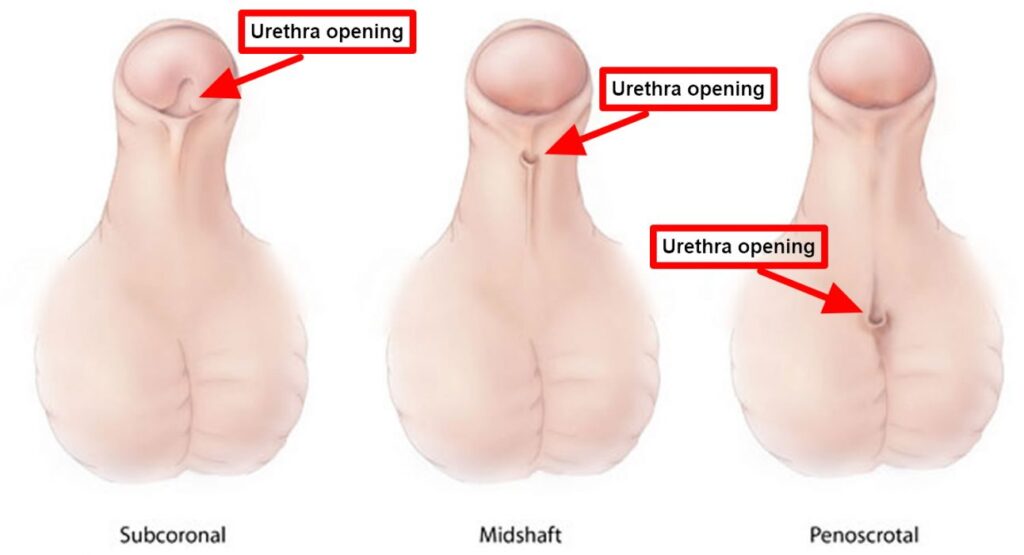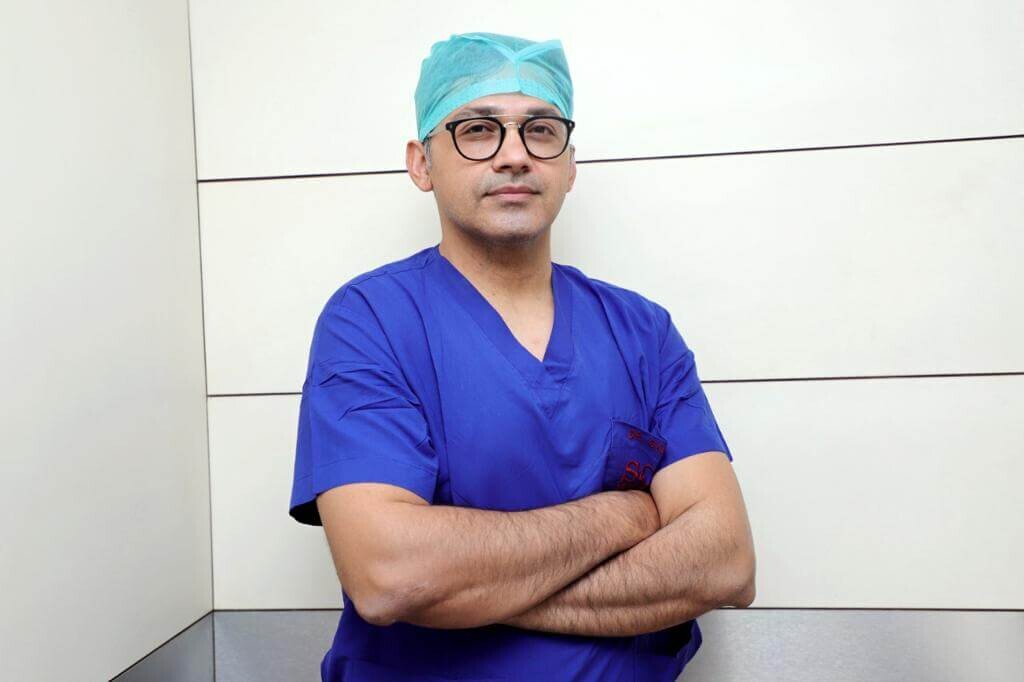Penile Reconstructive Surgery involves the construction or reconstruction of a new penis through different surgical procedures. The treatment also encompasses the artificial modifications done to the penis. Let us take an in-depth look at other details behind this procedure.
Dr. Gautam Banga – The Penile Reconstruction Surgeon in Delhi
Dr. Gautam Banga stands as a beacon of expertise in Penile Reconstructive Surgery within India’s medical landscape. Renowned for his surgical finesse and compassionate patient care, Dr. Banga has carved a niche as a pioneer in this specialized field. With a wealth of experience and a commitment to innovation, he has transformed the lives of countless individuals grappling with penile conditions, restoring not just physical function but also confidence and quality of life. Dr. Banga’s dedication to advancing surgical techniques and his holistic approach to patient well-being have earned him widespread respect and admiration, solidifying his reputation as the foremost Penile Reconstructive Surgeon in India.
Who are the Patients?
The patients for the penile reconstruction surgery in Delhi are mainly people with gender dysphoria and are looking to undergo female-to-male gender confirmation surgery. However, there is a small section of patients suffering from congenital conditions that mandate getting this surgery done. These are the people suffering from ambiguous genitalia, hypospadias, micropenis, aphalia, and epispadias. There are many accidental cases too that may require the assistance of an expert penile reconstructive surgeon in Delhi such as burn victims, car accident cases, circumcision complications, explosions, and those suffering from penile fractures caused due to sudden bending of the penis during erection.
What Happens during the Procedure?
During penile reconstructive surgery, a large section of tissue and skin is taken from another area of the body and rolled to make a shaft. This is then attached to the groin. There may be additional procedures that may accompany the same such as:
- Removal of the female genitalia for the patients going for transgender FTM surgery
- Extension of the urethra to help the person urinate while standing
- Construction of the head or scrotum of the penis
- Implantation of a device to help the person in getting erections
- Insertion of artificial testicles into the person’s scrotum
Where does the tissue or skin come from?
The tissue flap used to make the new penis may come from either of the three regions:
- Back
- Thighs
- Forearm
What are the benefits and recovery precautions of getting this surgery?
Getting penile reconstructive surgery in Delhi helps in providing emotional and physical relief to people. The procedure results in a natural-looking penis that is fully capable of achieving erections. This way, a person undergoing the gender reaffirmation surgery can achieve his desired gender identity. However, to do so, you need to take it easy and take some precautions for full recovery. This includes:
- Limiting all kinds of physical activities for doctor-recommended period
- Keeping your cuts and incisions dry and clean.
- Re-application of the dressings over the surgical wounds, especially in the early recovery stages
- Taking all the medications prescribed by the doctor for easing pain, preventing infection, and relieving constipation
Achieving a fully functional penis takes some time, especially in cases where you require multiple surgeries. Additional treatments like female genitalia removal, construction of the scrotum, and implantation of devices for erections also require a recovery period. Delhi being the capital city of India is the hub of all kinds of advanced medical procedures. There are many expert penile reconstructive surgeons based in this city who can help you in getting this procedure done. They undergo extensive training and have experience in handling all kinds of delicate procedures involving genitals. Do remember, It is crucial to choose a qualified penile implants surgeon in India for this procedure who can provide a safe and effective treatment for your problem.

